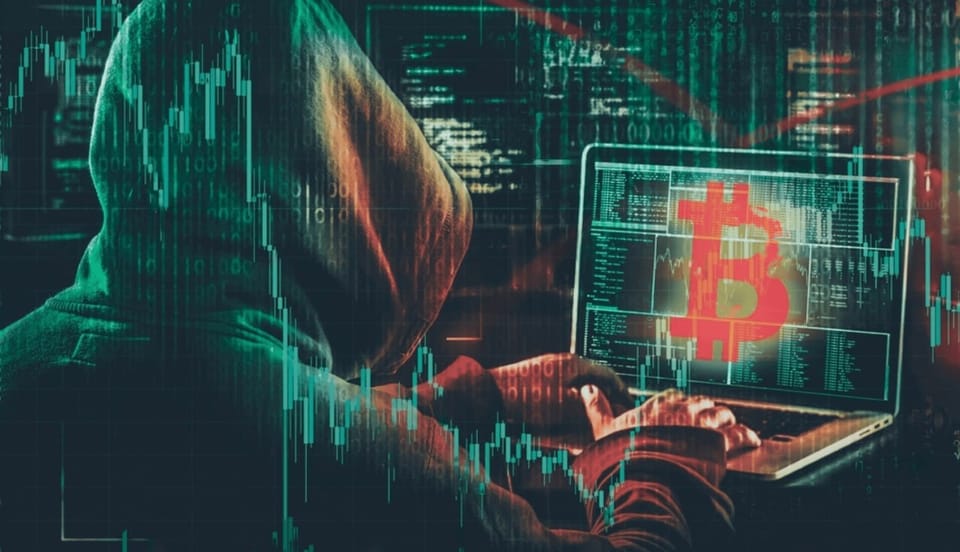Crypto mining pools offers miners a cost-efficient way of solving puzzles, confirming and adding blocks on the blockchain, and earning rewards. In pooled mining, participants share their resources for mining, and also share the rewards.
Bitcoin
James Howells continues his quest to recover his lost hard drive containing 8,000 Bitcoins. Howells' experience reflects the struggles of some BTC holders when losing access to their private keys and passwords.
Bitcoin continues its price rally days after Republican Donald Trump has convincingly won the US elections. Bitcoin topped $75k immediately after the elections, and it's now trading at the $87k level last November 11th.
Bitcoin mining is an energy-intensive process that secures the blockchain and verifies transactions. The continued popularity and lucrative rewards of Bitcoin mining have led to the growth of illegal mining activities, which put pressure on national power grids.
Anonymity and privacy are two of the popular characteristics often attributed to cryptocurrency and the blockchain. But in actual usage, complete anonymity and privacy is only a myth. Bitcoin transactions are traceable, and only a few cryptos can be considered truly private.






